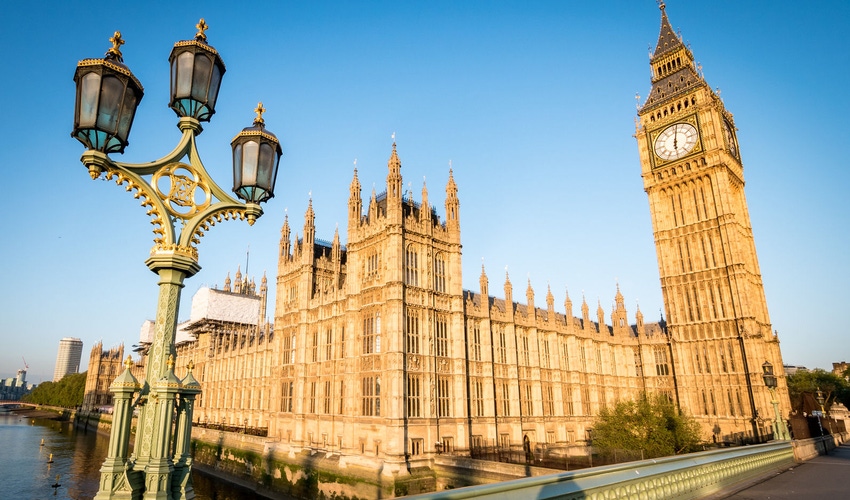Ofcom takes charge of online safety in the UK
The UK's much-debated bill on online safety received Royal Assent on Thursday, putting it into law and granting new powers to telecoms regulator Ofcom.
October 27, 2023

The UK’s much-debated bill on online safety received Royal Assent on Thursday, putting it into law and granting new powers to telecoms regulator Ofcom.
The Online Safety Act, as it is now known, puts the onus on social media platforms and the like to police potentially harmful content, including terrorism, pornography, content promoting self-harm.
It has naturally proved divisive and has been discussed ad infinitum over the past couple of years. While proponents of the bill have talked up its benefits, particularly with regard to keeping children safe online, its detractors have had plenty to say as well, with arguments ranging from the ethical, around censorship and privacy essentially, to the technical, and everything in between. A key argument from the big tech firms affected by the act is that it compromises the concept of end-to-end encryption in messaging.
Nonetheless, the act is now in place, and that means Ofcom now has a new job, that of online safety regulator.
It has the power to issue fines to companies that fail to stay within the guidelines, and prison sentences for company bosses have also been mentioned, although presumably Ofcom’s remit does not quite extend that far. Technically though, Ofcom can levy penalties of up to £18 million or 10% of a company’s global annual revenues, whichever is greater. And that, the government reminds us, means “fines handed down to the biggest platforms could reach billions of pounds.”
Whether the regulator will ever get to a point of levying such a fine on a big tech giant is questionable. And it certainly won’t happen soon.
Although the government is making a lot of noise about the UK now being the safest place in the world to be online, and other such unquantifiable claims, the bill becoming law is actually just the first step.
The government notes that while the majority of the act’s provisions will start in two months’ time, it has established Ofcom as online safety regulatory as of Thursday, enabling it to start work as soon as possible. However, step one is the launch of a consultation process on 9 November, followed by a phased approach to implementing the new rules.
And judging by Ofcom’s own statement on the matter, that could take a few years. The regulator plans to publish draft codes and guidelines on the illegal harms duties element of the act, those documents forming the basis of its first consultation, which will run until it publishes its final decision in Autumn 2024.
The second and third phases – child safety, pornography and the protection of women and girls; and transparency, user empowerment, and other duties on categorised services – will follow, with timelines running into the first half of 2025.
While that’s not slow, in governmental terms, it does mean that this is not an immediate fix. And Ofcom is all too aware of that.
“We know a safer life online cannot be achieved overnight; but Ofcom is ready to meet the scale and urgency of the challenge,” said Ofcom CEO Dame Melanie Dawes.
And it is to the regulator’s credit, that although enforcing this act will be an incredibly difficult task – and that’s putting it mildly – due to the very nature of the Internet, it has already made a start on its new duties.
“We’ve already trained and hired expert teams with experience across the online sector, and today we’re setting out a clear timeline for holding tech firms to account,” Dawes said.
“Ofcom is not a censor, and our new powers are not about taking content down,” she added. “Our job is to tackle the root causes of harm. We will set new standards online, making sure sites and apps are safer by design. Importantly, we’ll also take full account of people’s rights to privacy and freedom of expression.”
That’s one heck of a balancing act.
Get the latest news straight to your inbox. Register for the Telecoms.com newsletter here.
About the Author(s)
You May Also Like











_1.jpg?width=300&auto=webp&quality=80&disable=upscale)


.png?width=800&auto=webp&quality=80&disable=upscale)